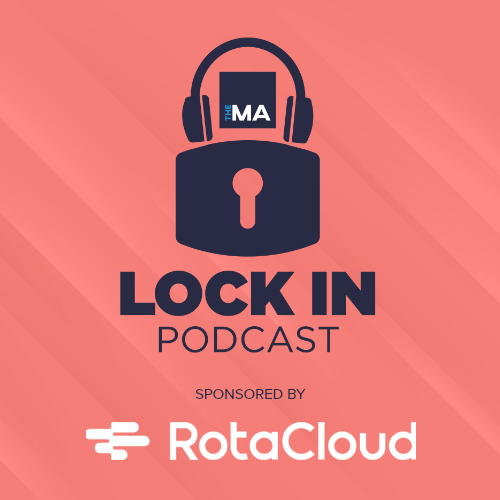Licensing Hub – Legal with Poppleston Allen
Self-service beer taps 'a possible headache' for licensees

The past few years have seen technology play an ever-increasing role across all aspects of the licensed trade. One part of this has been the need to put the consumer in control of their eating and drinking out journey, which has led to the rise of operators installing self-service taps. In one go, you can tick off two key consumer trends – experiential and customisation.
However, is DIY for you and your business? You might have seen these futuristic looking gadgets yourself. If not, they often come in the form of a wall of beer taps. Your customers pay for their drinks at the bar by ‘topping up’ money on a credit card. Then when they want a drink they simply go to the wall of taps, insert their card and take the drink in the measure they want. Such DIY devices also come in the form of a tap sat on top of a table, usually accompanied by an iPad style device that takes the orders and payment.
Whether such gadgets are a short-term fad or a genuine future staple of licensed premises only time and, more accurately, customers will tell. While this is undoubtedly exciting from the customer point of view and might well give an operator a point of differentiation for the local competition, it does present a possible headache for the licensee.
This is because there are concerns over the lack of regular face-to-face encounters enabling staff to determine whether someone is underage or indeed has had too much to drink. The process of self-service needs to be properly risk assessed, for example, operators making it clear to customers making bookings that they will be supervised and that, in the worst case scenario, alcohol that they have already paid for may be confiscated in the event that the party becomes rowdy or intoxicated, or in the event that any individual fails to adequately satisfy the requirements of the premises’ ‘challenge’ policy.
From a practical perspective, it may, therefore, be worthwhile making the authorities aware of any plans in advance of investment and making sure that there is a properly documented risk assessment in place to explain exactly how the new process will work and how the licensing objectives will be promoted. Some self-service machines allow you to turn them off from behind the bar should you have suspicions of drunkenness or underage drinking. So innovative and futuristic they might be – but they come with a health warning.
For any legal enquiries please visit Poppleston Allen's website.







